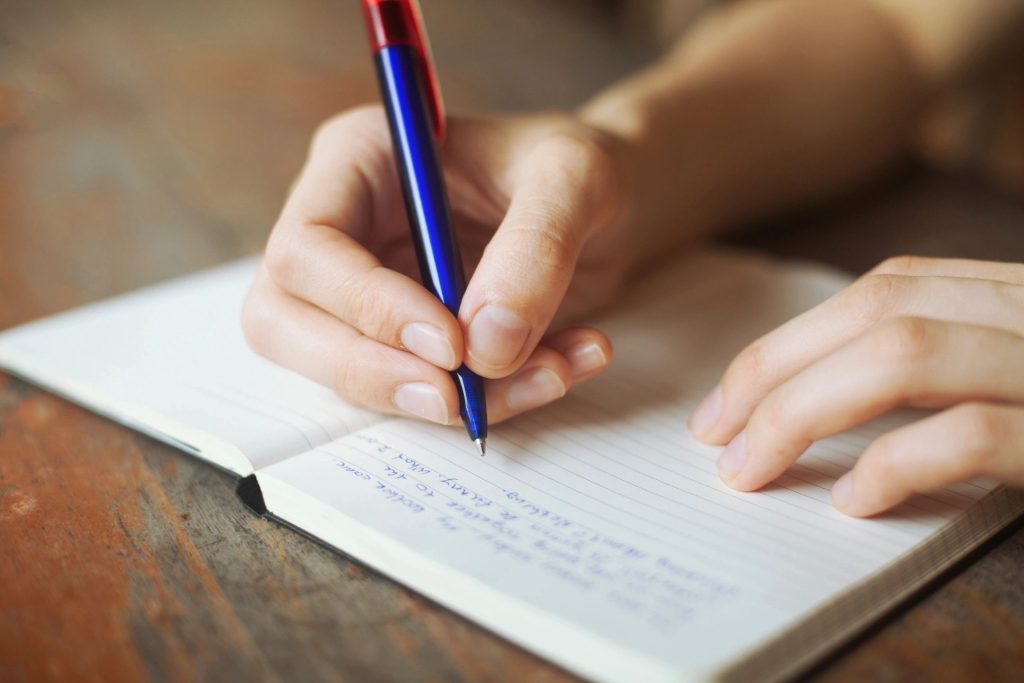
Ever feel like your thoughts are running in circles? Like emotions build up with nowhere to go? That’s where journaling comes in—a simple yet powerful tool that can help you process emotions, reflect on your journey, and stay grounded in sobriety. Writing isn’t just about recording events; it’s about understanding yourself, making sense of struggles, and celebrating victories along the way. Let’s explore how putting pen to paper (or fingers to keyboard) can support your recovery and personal growth.
Why Journaling is a Game-Changer in Sobriety Recovery is a rollercoaster, and journaling can be the seatbelt that keeps you steady. It provides an outlet for emotions, gives you clarity on triggers, and helps track progress over time. Here’s why it works:
- Emotional Release – Ever feel like you have too much on your mind? Journaling lets you unload those thoughts and emotions in a healthy way.
- Self-Reflection – It’s easy to forget how far you’ve come. Writing helps you recognize patterns, progress, and areas for growth.
- Stress Relief – Putting words on paper can lower anxiety, reduce stress, and help you manage triggers.
- Accountability – Seeing your journey in writing reinforces your commitment to sobriety and keeps you focused.
- Gratitude & Positivity – The more you focus on the good, the more it grows. Writing about what you’re grateful for can shift your perspective in powerful ways.
How to Start Journaling (Even If You’ve Never Done It Before) Journaling isn’t about being a great writer—it’s about being real with yourself. Here’s how to make it work for you:
- Pick Your Format – Notebook, Google Docs, or a journaling app—go with what feels easiest.
- Make It a Habit – Whether it’s first thing in the morning or right before bed, carve out a few minutes daily or weekly to reflect.
- Write Without Judgment – No filters, no overthinking. Just let it flow.
- Use Prompts When Stuck – If you don’t know where to start, prompts can help get the words rolling.
- Be Honest – This is for you. The more truthful you are, the more effective it will be.
Journaling Prompts to Get You Started Not sure what to write about? Try these prompts:
- What’s something I’m proud of today?
- How did I handle challenges in my sobriety this week?
- What emotions am I feeling right now, and why?
- What triggers have I noticed, and how did I respond?
- What’s one piece of advice I’d give my past self?
- How does my body feel today compared to early recovery?
- What goals do I have for the next month, and how can I achieve them?
- What’s a moment of joy or peace I experienced recently?
Final Thoughts Journaling is one of the simplest yet most effective tools in recovery. It helps clear your mind, process emotions, and track your progress. Plus, it’s a great reminder of how far you’ve come. So grab a notebook, open a blank document, or even start a voice memo—whatever works for you. Just start writing. Your future self will thank you.
